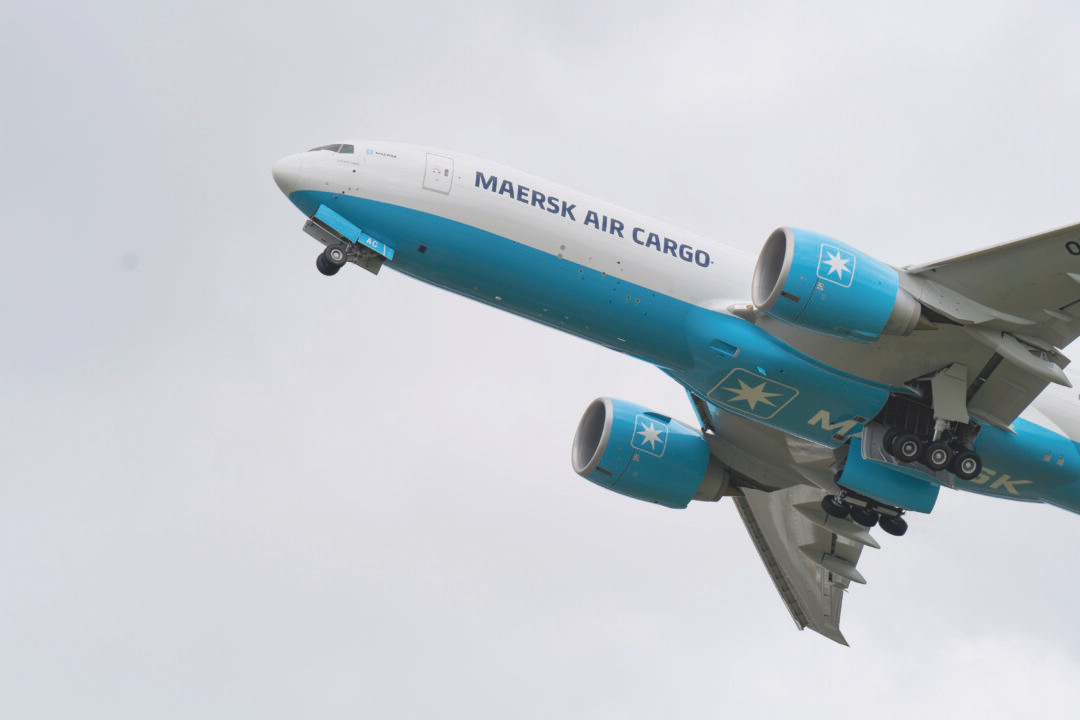
There is no one reason that moves differently today – there are dozens. Conflicts, definitions, weather, and delay in the factory and organizational transformations now appear in the same week. For air charging operators, the response is not a measure, but the ability to adapt. In marsk, this ability is increasingly overcoming how the company defines its integrated model.
It was built for fluctuation
“As you know, the world is very complicated today. There are new things that occur on a daily basis, whether they are political, natural or environmental reasons,” said Kiran Raj Thazhahthath, the regional head of the management of air freight products in Merck. “As air shipments, we have to move with the needs of the market and customers.”
This liquidity is not an abstract point of discussion; It is an operational doctrine. “Whether they are changes in definitions, whether they are disturbances in the world due to conflicts, good and bad, we have to move with them, right?” He said.
The company is currently ranked fifteenth of the world’s largest outdoor directives, the position that Kiran places less as a title, as a result of its ability to seize and respond to the turmoil.
He added: “We have a large group of experienced professionals coming from different parts of the world, and we are at the top of this daily.” “We move alongside the needs of our customers. We move alongside the needs of the world.”
Hybrid models, tactical ability
The disorder not only affects the demand. Capacity restrictions and cost pressures continue to influence the conditions of fresh air. The increasing investment of the company in directing maritime air, and taking advantage of the centers in Dubai, Singapore and Los Angeles is a direct response to this.
Kiran explained: “The sea is a product that moves with the market.” “It gives our customers the best cost benefit in exchange for transportation from the end to the end. Of course, the transportation times are a little slower than the air charging will provide, but there are multiple benefits that come out of it.”
This flexibility is one of the few available advantages for the operators who are ready to build through modes. He said: “We are running our own ships, and we have our air product that completes this product well.” “It makes it a unique, fast and fast solution for any customer looking for such a solution.”
MAERSK runs custom shipping services in China-Urub Corridors, including Billund-Liège-China. While Raj pointed out, “There was not a lot of change in this product … in recent months,” he stressed that the deployment of shipping is still tactical. “The operational changes that we have when needed depends entirely on the needs of our customers.”
Growth under pressure
Although the turmoil may be the default context of global logistics services, customer expectations move in the opposite direction: towards accuracy. Kiran said this is visible across the vertical, especially the time sensitive sectors such as caring of cars, technology and manufacturing.
He said: “We have seen all sectors looking for specific services for time and stop their needs.” “We also see some allocated requests coming from the industrial sector, where we can provide support on counterparts like a required part of a factory to work again.”
This request, volatile as it is, does not go away. Kiran added: “There is a continuous demand throughout the year, throughout these sectors.”
Maersk puts itself to benefit, not by focusing on any one lane, but by deepening its existence across the sectors. “We see many opportunities in import and export in Europe, all over the world,” Kiran said. “There is no area, neighborhood, or a specific area that we look to grow in. It’s really universal.”
One of the main components of this expansion is the industry specialization. He said, “We have started moving to industries like scales.” “You will also see MAERSK AIRFREIight moving to the header like medications that move forward.”